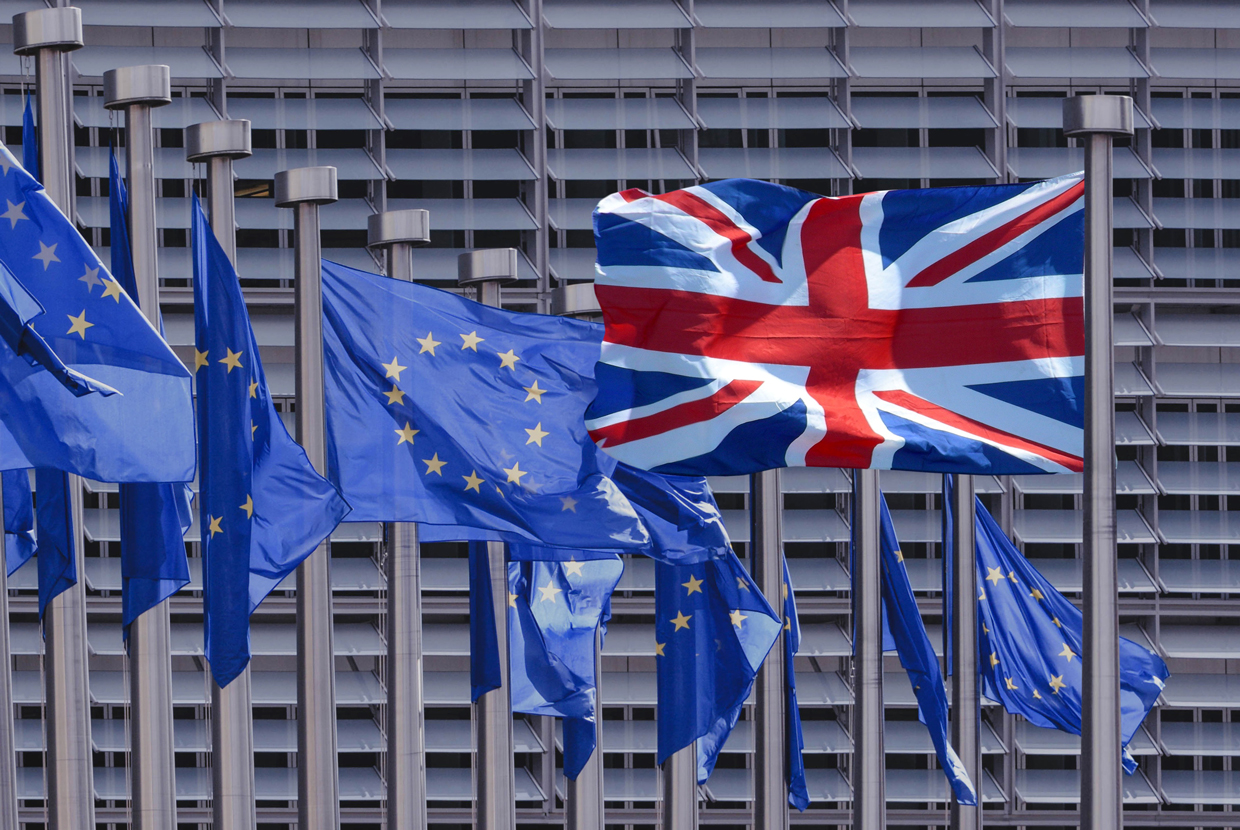As the third round of Brexit negotiations kicked off this week, German companies engaging in trade with the UK say their outlook of the country is worsening, while exports from Germany to the UK drop and German investment gets redirected.
A survey by the Association of German Chambers of Industry and Commerce (DIHK) shows that companies are expecting a range of Brexit-related challenges, from cost burdens to limits on free movement of workers, and increasing bureaucratic hurdles at Europe’s new borders.
“Businesses are very concerned that Brexit will have a major negative impact,” says DIHK CEO Martin Wansleben.
“Not only could it lead to more trade barriers, but additional bureaucracy, increased waiting time and stricter border controls, resulting in higher costs. The terms of exit are still completely unclear. Many of our members are reporting that they are already shifting investments away from the UK in anticipation of these barriers.”
Meanwhile, German exports to the UK were down by 3% in the first half of this year compared to the first half of last year, says the DIHK, while UK exports to the EU increased by 6% in the same period.
The DIHK and the British Chambers of Commerce (BCC) have called for UK and EU negotiators to put a clear focus on shared economic interests and have challenged political leaders to build an atmosphere of mutual trust and constructive dialogue.
Companies responding to a recent BCC survey have expressed their preference for a substantial Brexit transition period, with 68% saying that this should be at least three years long. Both German and British companies, in each of these surveys say they also say they want clarity from the beginning on the overall shape of the final resolution.
The UK proposed two options last week – firstly, a streamlined customs arrangement continuing existing arrangements, using “new innovative facilitations to deliver as frictionless a customs border as possible”. The second option was a new customs partnership with the EU that removes the need for a UK-EU customs border, with the UK mirroring the EU’s requirements for imports from the rest of the world The proposals were dismissed as a “fantasy” by some EU leaders.
“A transitional period would be helpful for business, but it is important to businesses on both sides that the contours of a future trading relationship are becoming clearer over the next months,” says Wansleben.
As negotiators from both sides of the Channel meet in Brussels, numerous business-critical areas that form part of the withdrawal agreement have yet to be tackled, including the rights of EU workers in the UK and vice versa. Hundreds of practical and technical issues, including customs arrangements and tax procedures, that need to be negotiated as part of the future EU-UK trade relationship, will then follow.
The UK is the third-largest market for German goods exports while Germany is the UK’s second-largest export destination. German companies have around 2,500 branch offices in the UK, which employ around 400,000 workers, while British companies have 1,200 branch offices in Germany, employing about 220,000 people.
Director general of the BCC, Adam Marshall says: “The UK and the EU must begin work on transitional arrangements, particularly on customs, so that firms on both sides of the Channel have the confidence to make investment decisions.
“Chambers of Commerce in the UK and in Germany want to see thriving trade continue between our firms, both now and into the future. Politicians must do everything in their power to help this happen.”







